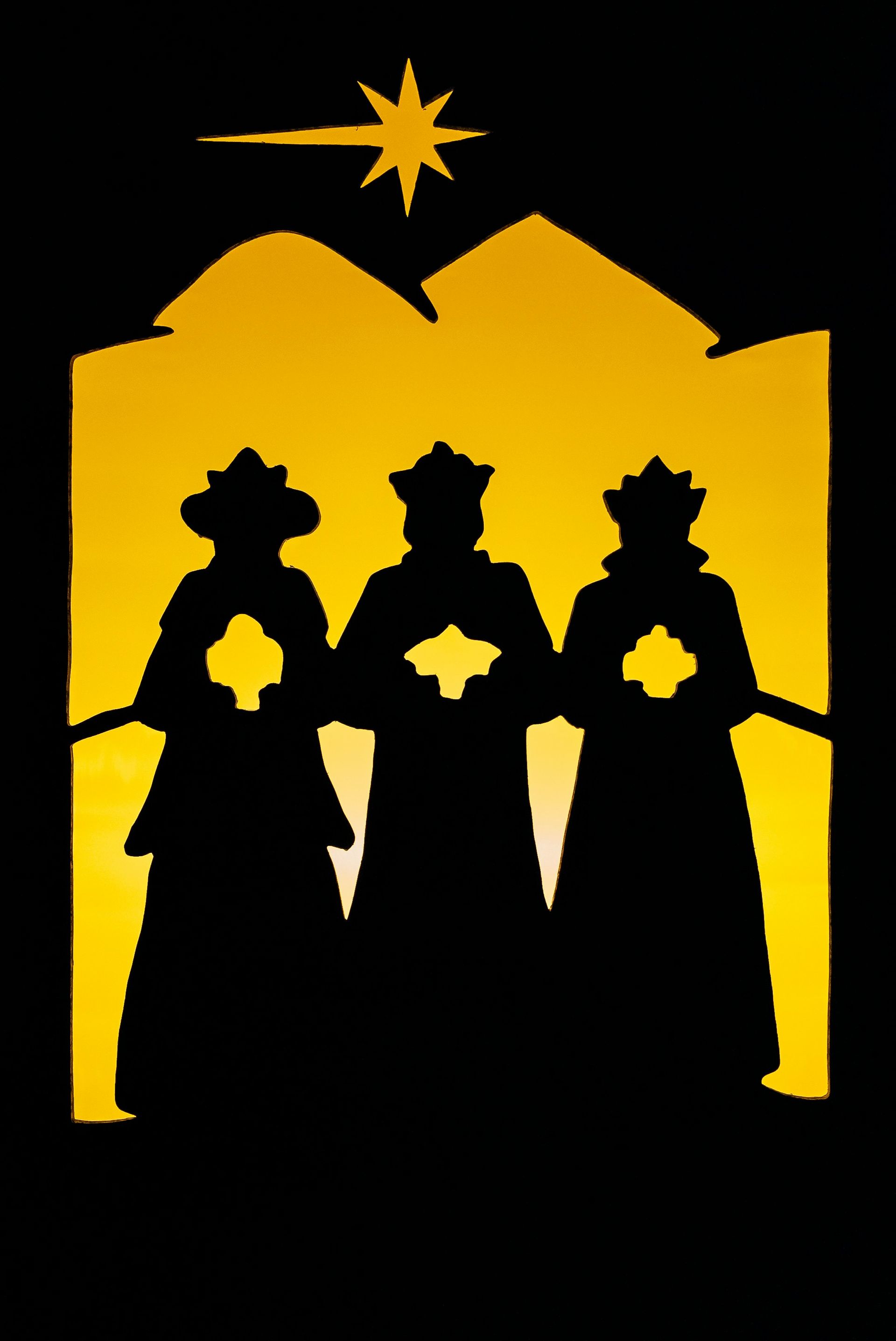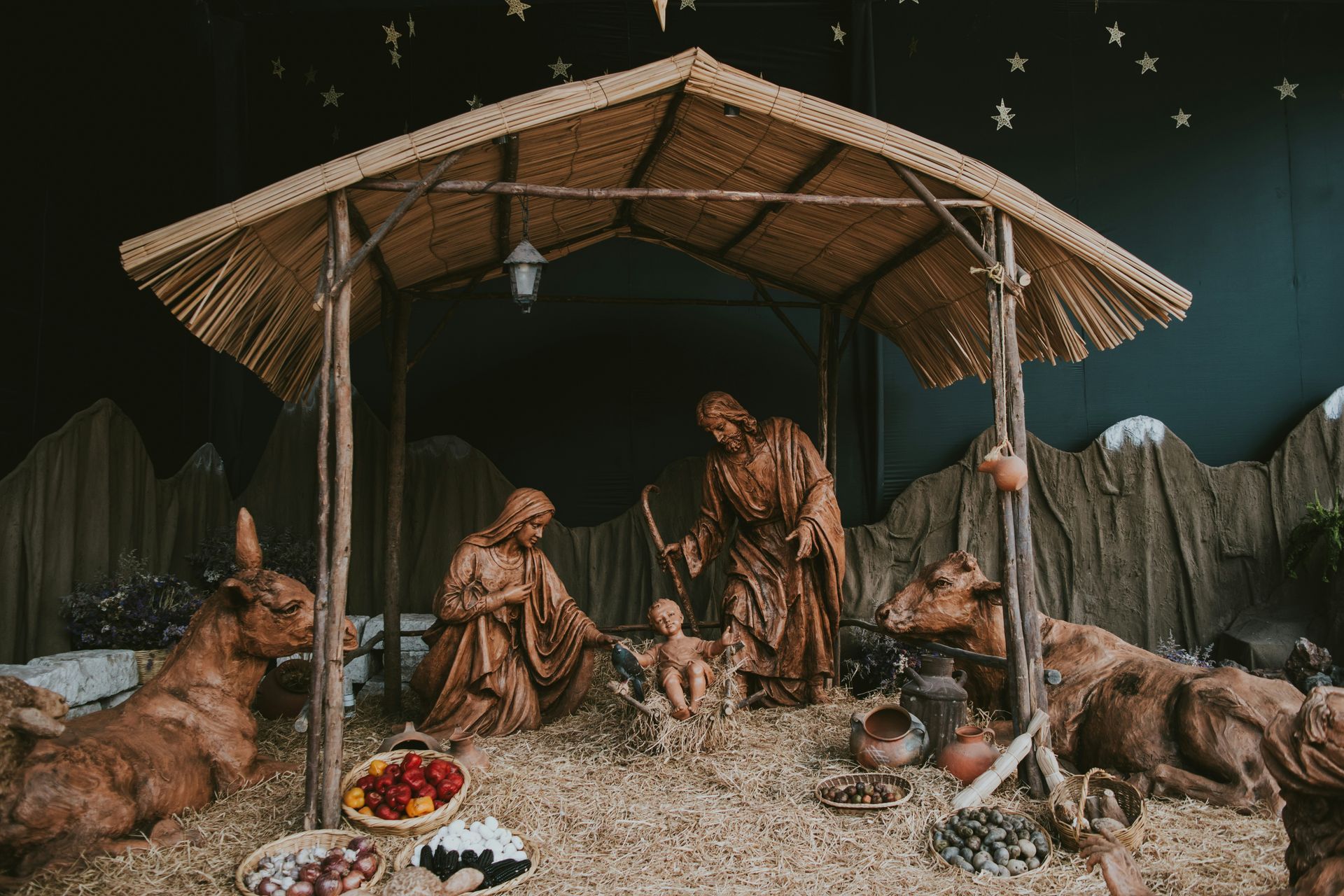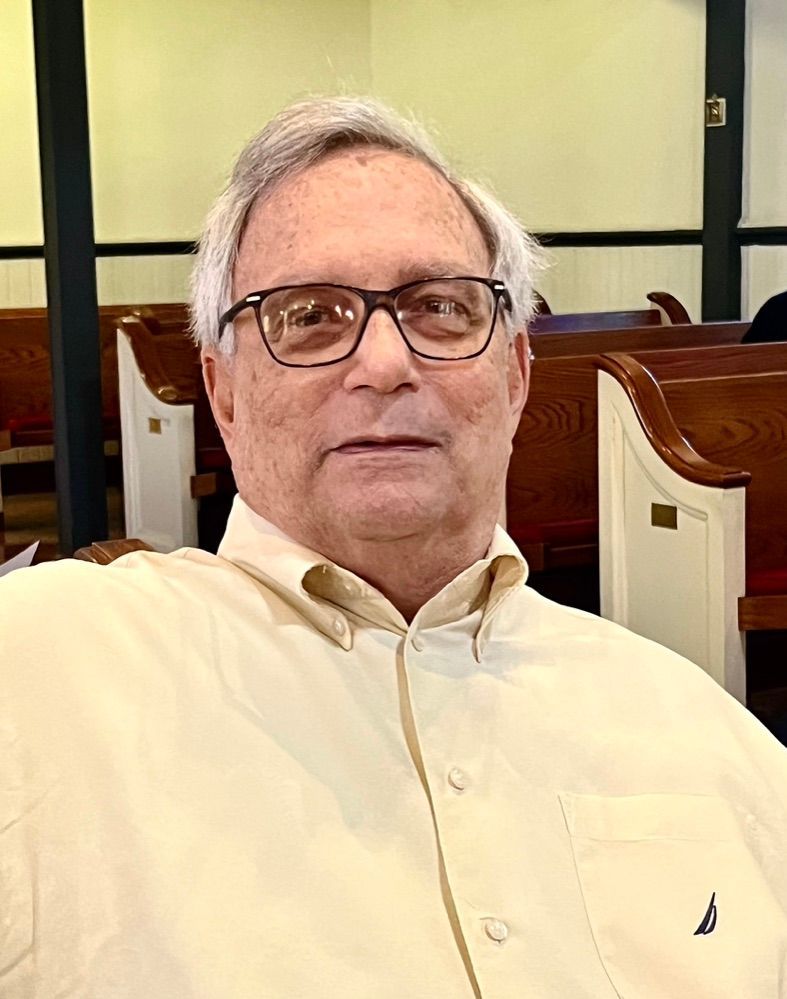Waiting for the Rapture

WAITING FOR THE RAPTURE
By John Santosuosso
Last September a prominent church leader in the Republic of South Africa predicted the date of the Rapture, when the faithful would be caught up into Heaven and escape the coming Great Tribulation. The news spread around the world rapidly, and those who felt certain they were among the believers to be raptured began to sell or give away their property, including cars and even homes. Soon they had to deal with the painful fact that they were in many cases now penniless and homeless. As had been true when such predictions were made in the past, the Rapture did not arrive. When I was a child and a teen I remember several similar situations, and you can also find them in the religious history of the nineteenth century. In most instances belief in the hope of the Rapture was based on misinterpretation of the fourth chapter of Paul's first letter to the Thessalonians. He describes the faithful being caught up into the clouds to meet the Lord, but he appears to believe this will happen during his lifetime or not long after, and he seems to know nothing of a Great Tribulation.
What would probably surprise many Christians today is that during its first eighteen hundred years the Church knew nothing about the Rapture. It did of course teach, as had Paul, that at some future time the followers of Jesus would be reunited with Him, but it pretty much accepted that exactly when and how was up to God. John the mystic, author of Revelation seems to go into more detail, but he was essentially interested in the destruction of the Roman Empire. The word "rapture" does not even appear in either the Bible or the Apocrypha.
The doctrine of the Rapture in its present-day form first begins to appear in the 1830s in the preaching and writings of the Anglo-Irishman John Nelson Darby. Originally Darby was influenced by both the Anglican and Presbyterian churches, but he gradually moved away from them and became one of the founders of the Plymouth Brethren. He eventually became the new denomination's leader. Not only did he teach the doctrine of the Rapture, he also developed a Biblical theology known as dispensationalism. Dispensationalism divides Biblical history into seven periods known as dispensations. It was later declared a heresy by the former southern Presbyterian church in the United States.
If Darby was the creator, he was not the one who made the Rapture a popular belief, especially in evangelical and fundamentalist churches. Credit for that belongs to an American, Cyrus Scofield. In his younger years Scofield was a pretty unsavory character. However, he appears to have undergone a genuine conversion experience, and early in the twentieth century, without giving any credit to Darby, he published his reference Bible, which teaches the Rapture and dispensationalism. It includes the King James text and some useful cross references, but it was the interpretive notes that gave it its popularity. Among other things, Scofield's return of Jesus seems based less on reunion of the faithful with Jesus than with the restoration of Israel as a nation, including aspects of this totally missing from ancient or modern Judaism.
It would be difficult to over-estimate the influence of Scofield's work. His reference Bible is still in print today, and many years it outsold all other religious books. It even influenced other books, such as Hal Lindsay's "Late, Great Planet Earth," and the "Left Behind" series. In my home town of Collingswood, New Jersey, if you were not a Roman Catholic or a Jew, your family probably owned a Scofield Reference Bible regardless of where you attended church on Sunday. When I graduated from high school my family presented me with one. I still have it. Reading it provides a lot of insight into the state of religion today.
My personal opinion is that teaching the idea of the Rapture can discourage us from what our Lord actually called us to do. One can be so caught up in anticipating a future that never happens that we forget that we are asked to "love one another." It can even lead to belief that those who do not believe as we do deserve the wrath of God, hardly the picture Jesus paints in the 25th chapter of Matthew. The Kingdom is to come, but Jesus also tells us it is both here now and within us (Luke 17:21). He calls us to be builders and stewards. In the fullness of time God will reveal the future. We are asked to help make it one that reveals the eternal power and love of God, and that is a far more rewarding life than waiting for the Rapture. If you have never read or seen Samuel Beckett's play "Waiting for Godot" and are inclined to take a look at it, you will see the eventual outcome of deciding to wait rather than work.







